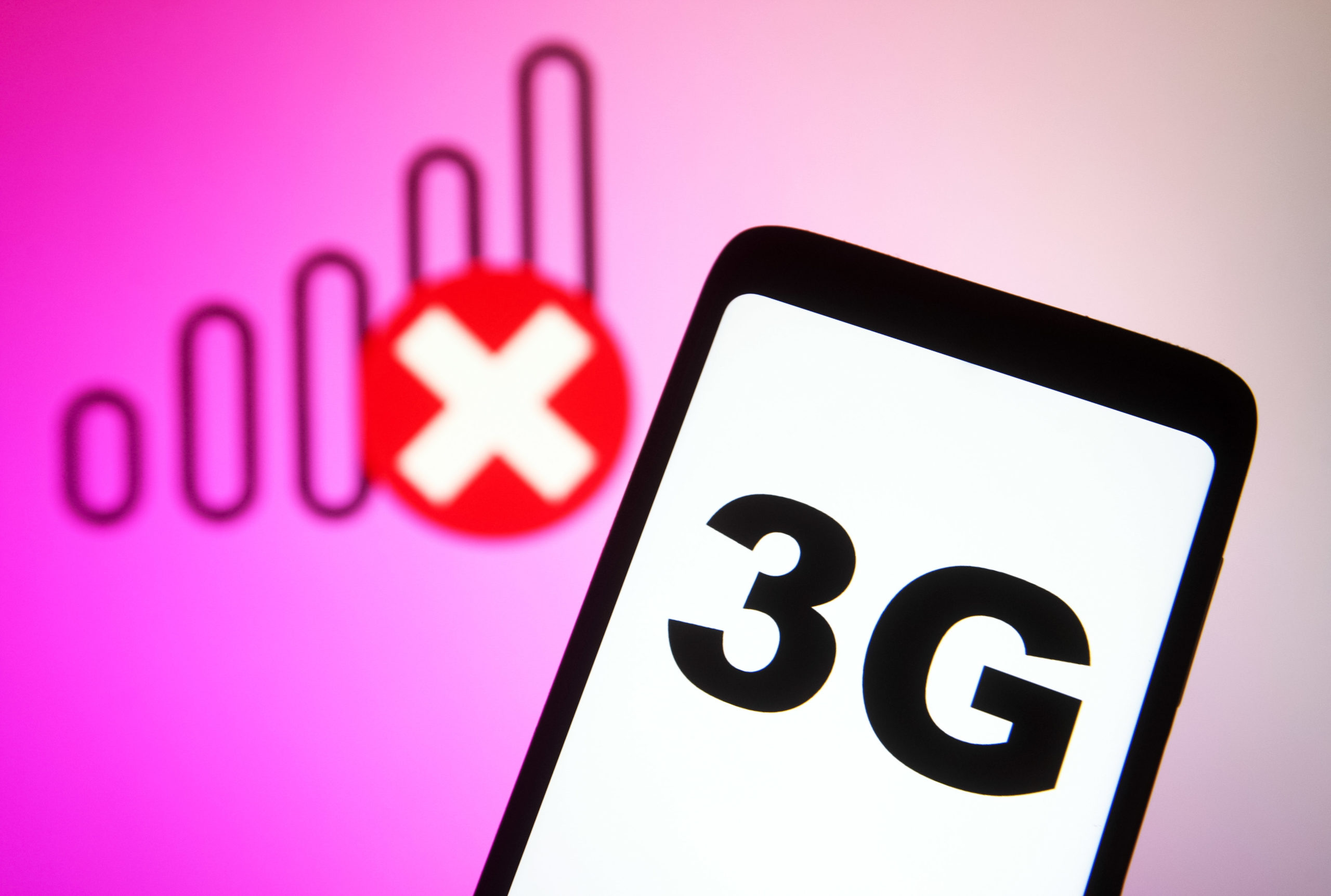Mobile phone operators to start phasing out 3G services in 2023

EE, Three and Vodafone are all set to phase out 3G mobile services during the next two years as part of an agreement with the government to free up spectrum for faster 5G networks.
Vodafone is starting the earliest, with 3G services set to close from early 2023 ahead of a complete network shutdown by the end of the year.
EE is also phasing out 3G this year with a planned end date in early 2024, while Three expects to hit the same milestone by late next year.
O2 is currently the only major provider to not have officially announced a switch-off date for 3G.
The UK government announced around 18 months ago that 3G and 2G services will be shuttered entirely by 2033 at the very latest.
The move is designed to cut costs for providers while freeing up much-needed spectrum to support 5G networks amid a surge in “next-gen” mobile usage.
Three claims that 5G network usage jumped by 358% in 2022.
The end of 3G is unlikely to have a major impact on consumers as most handsets released in recent years support 4G.
Anyone with older or basic phones will have to upgrade to a new handset with 4G or 5G capabilities when their provider ends support for 3G.
This will also ensure mobile customers can receive emergency alerts, a new service powered by 4G and 5G set to launch this year.
The government and operators have already been testing these alerts which provide warnings about “dangers to life” nearby, such as extreme weather and public health emergencies.
